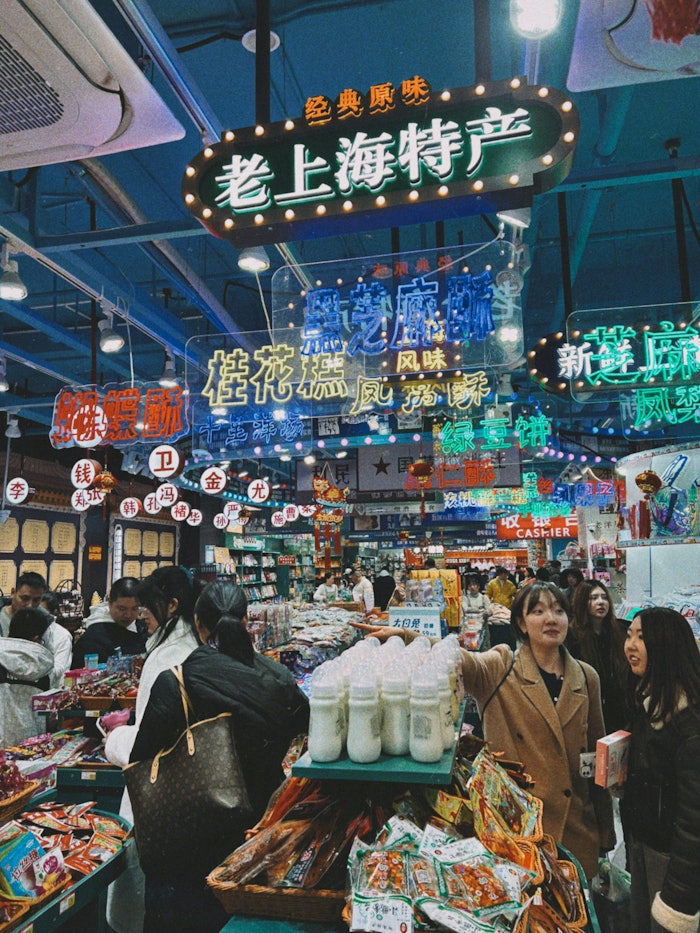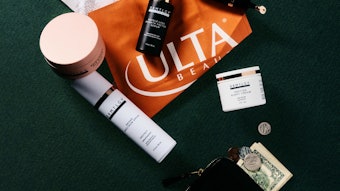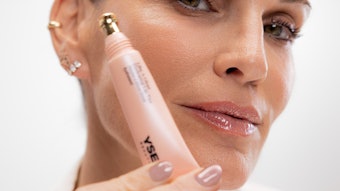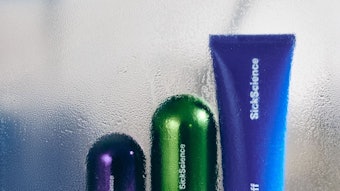
A real-world clinical study conducted in China by Galderma’s Global Sensitive Skincare Faculty (GSSF) highlights how modern urban lifestyles and environmental factors negatively impact individuals with sensitive skin. The study found that people living in fast-paced, polluted urban environments experience higher levels of inflammation, oxidative stress and environmental damage compared to those in less stressful, traditional settings. These findings reportedly underscore the growing connection between modern living and worsening skin health, particularly as sensitive skin affects up to 70% of people globally.
Key findings:
- Sensitive skin faces a triple threat: inflammation, oxidative stress and environmental damage.
- Modern urban lifestyles, including pollution and chronic stress, worsen sensitive skin.
- Sensitive skin prevalence has risen significantly over the past two decades.
Get more detailed findings below.
“This clinical study delivers compelling biological evidence that sensitive skin responds differently and more intensely to the pressures of modern living. These findings validate what many clinicians observe but rarely see quantified: that pollution, stress, and poor sleep can visibly and measurably aggravate sensitive skin. Through this research, Galderma’s Global Sensitive Skincare Faculty is working to elevate sensitive skin from a subjective complaint to a scientifically understood condition, helping pave the way for better diagnosis, education, and care.”
Galderma's clinical study enrolled 150 women from China aged 35–50, divided into three equal groups: individuals with sensitive skin living in modern, urban environments; individuals with sensitive skin living in traditional, less urbanized settings; and individuals with non-sensitive skin living in modern environments. Participants in modern environments experienced higher pollution, stress, and poorer sleep compared to those in traditional settings. The study compared skin health across these groups to assess the impact of both lifestyle and skin sensitivity.
- Modern Lifestyles Worsen Sensitive Skin: The study provides compelling biological evidence that modern, urban lifestyles are linked to worsened skin health in people with sensitive skin.
- Increased Inflammation: Individuals with sensitive skin living in modern environments exhibited three times more inflammation than those in traditional settings, as shown by elevated prostaglandin E2 levels.
- Heightened Oxidative Stress: Sensitive skin in modern environments showed a 16% increase in oxidative stress markers compared to non-sensitive skin. Consistently high oxidative stress was observed in sensitive skin regardless of lifestyle, suggesting it's a core driver of the condition.
- Visible Environmental Damage: Higher levels of dark spots, commonly linked to photoaging, were observed in sensitive skin, indicating long-term environmental stress.
- Triple Threat: Sensitive skin faces a combination of inflammation, oxidative stress, and environmental damage.
- Sensitive Skin is More Vulnerable: The findings suggest a biologically distinct skin profile in sensitive skin that is more susceptible to internal and external triggers.
Learn more about the study here.










